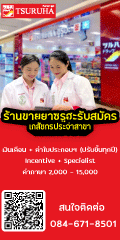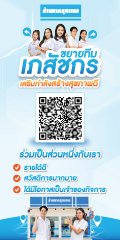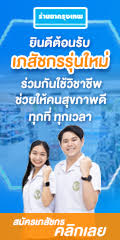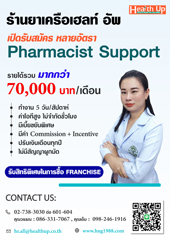อาการเจ็บ หน้าอกหรือ heart attack จัดเป็น acute coronary syndrome (ACS) หรืออาการที่เกิดจากกล้ามเนื้อหัวใจขาดเลือดอย่างกะทันหันซึ่งเป็นผลมาจาก ความไม่สมดุลของ oxygen ที่กล้ามเนื้อหัวใจต้องการและ ปริมาณ oxygen ที่ไปเลี้ยง ซึ่งความรุนแรงของอาการ และการรักษาจะขึ้นกับชนิดของการเกิด ACS ซึ่งจะแบ่งได้โดยดูจาก ภาพถ่ายคลื่นไฟฟ้าหัวใจ แบ่งได้เป็น ST-elevation myocardial infraction (STEMI) และ non ST-elevation myocardial infraction (NSTEMI)
สำหรับการใช้ aspirin เพื่อรักษาอาการ heart attack ทั้งใน STEMI และ NSTEMI จะใช้เหมือนกัน คือ ให้ aspirin 162-325 mg ให้เร็วที่สุดเท่าที่ทำได้ ภายใน 24 ชั่วโมง หลังจากเข้าโรงพยาบาล ซึ่งการทำบอลลูนหัวใจ หรือ percutaneous transluminal coronary angiopathy ผู้ป่วยจึงควรได้รับ aspirin เคี้ยว เพื่อรักษาอาการฉับพลัน และสำหรับการได้รับ aspirin ภายหลังรักษาอาการฉับพลัน จะให้ในผู้ป่วย ทั้ง STEMI และ NSTEMI และในผู้ป่วยภายหลังการทำ percutaneous coronary intervention การได้รับ aspirin จะช่วยลดการเกาะของเกล็ดเลือดในระหว่างที่หลอดเลือดกำลังสมาน และลดการเกิด heart attack โดยขนาดยาที่ใช้ในผู้ที่ไม่ได้ใส่ stent คือ 75-162 mg วันละครั้ง สำหรับผู้ที่ใส่ stent จะใช้ในขนาด 162-325 mg วันละครั้ง นานอย่างน้อย 1 เดือนสำหรับ stent ที่ไม่มียา หรือนาน 3 เดือนสำหรับ stent ที่มียา sirolimus และ 6 เดือนสำหรับ stent ที่มียา paclitaxel ตามด้วย aspirin ในขนาด 75-162 mg วันละครั้ง นานไม่มีกำหนด
เอกสารอ้างอิง
1.Spinler SA, Denus SD. Chapter 18: Acute coronary syndromes IN: DiPiro JT, Talbert RL, Yee GC, Matzke GR, et al. Pharmacotherapy a pathophysiologic approach. 7th ed. New York: The McGraw-Hill Companies, Inc; 2008:p.249-74
2.Wright RS, Anderson JL, Adams CD, Bridges CR, et al. 2011 ACCF/AHA Focused update of the guidelines for the management of patients with unstable angina/non–ST-elevation myocardial infarction (updating the 2007 guideline). J Am Coll Cardiol. 2011;57(19):1920-59
3.Hamm CW, Bassand JP, Agewall S, Bax J, et al. ESC Guidelines for the management of acute coronary syndromes in patients presenting without persistent ST-segment elevation: the task force for the management of acute coronary syndromes (ACS) in patients presenting without persistent ST-segment elevation of the European Society of Cardiology (ESC). Eur Heart J. 2011;32(23):2999-3054
4.Lacy CF, Armstrong LL, Goldman MP. Drug Information Handbook International. 17th ed. Ohio: Lexi-comp Inc; 2010-2011
5.MICROMEDEX®2.0. [Database on the internet]. Colorado: Thomson Reuters (Healthcare); c 1974-2012. Aspirin ; [cited 2012 May 22]. Available from:
http://www.thomsonhc.com. Subscription required to view.
6.American College of Cardiology Foundation. Guideline: percutaneous coronary intervention (PCI) [online]. 2011[cite: 2012, 22nd May]. Available from: URL:
http://www.cardiosmart.org/ManageCondit ... spx?id=9167.Levine GN, Bates ER, Blankenship JC, Bailey SR, et al. 2011 ACCF/AHA/SCAI Guideline for Percutaneous Coronary Intervention: executive summary: a report of the American College of Cardiology Foundation/American Heart Association Task Force on Practice Guidelines and the Society for Cardiovascular Angiography and Interventions. Circulation. 2011 Dec 6;124(23):2574-609
ตอบโดย : นักศึกษาเภสัชศาสคร์อดิศัย กอเกียรตินันท์















